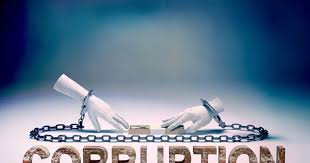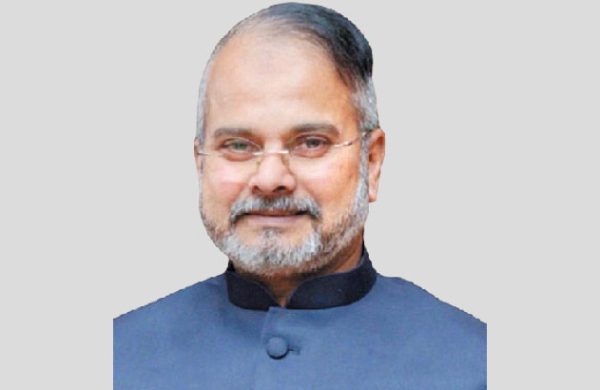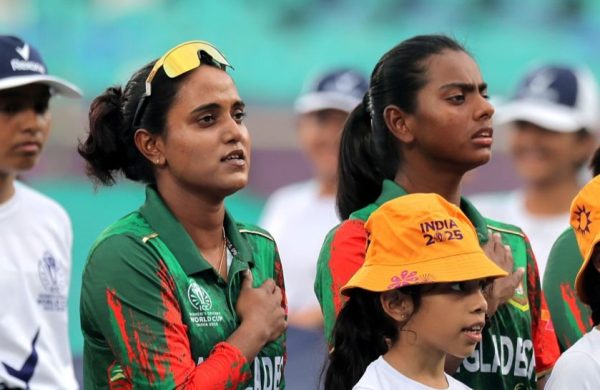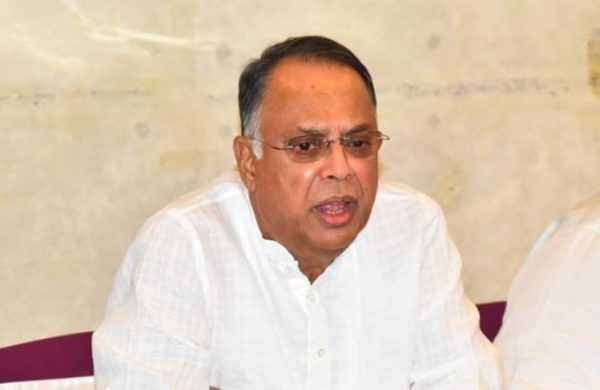Austerity, Brexit, and corruption
- Update Time : Thursday, June 13, 2024

—Niaz Alam—
Assuming opinion polls are correct, he will also lead his Conservative government to a historic general election defeat on July 4. One that seemed impossible after the 2019 election reduced the opposition Labour party to its lowest number of MPs in eight decades.
But that was then. The cumulative toll of 14 years of Conservative governments burning through five prime ministers since 2010 has become too big a burden for any politician to defend, let alone one as lacking in political instinct and the common touch as Sunak.
From a relatively sane appointment compared to predecessor Liz Truss, whose 49-day short premiership doubled the deficit in treasury finances, to an object of public ridicule in under two years, defeat will seem quite the fall within Sunak’s otherwise gilded life as the wealthiest ever occupant of 10 Downing Street.
The caveat remains that only four Labour leaders have ever led their party to a general election victory. While each of these was able to win further elections, that’s still a mere four winners across a century. Labour leader Sir Keir Starmer has curbed enthusiasm among left-wing Labour supporters by pivoting right, so has cause to fear that reports of 20-point poll leads and pundits talking up ‘a potential electoral extinction event for the Conservatives’, might also dampen Labour’s own turnout.
However, even allowing for Sunak’s party somehow remaining the largest, it is already clear from a succession of daily blunders and gaffes that he personally cannot continue for long.
Just like Boris Johnson who catapulted him to prominence as Chancellor of the Exchequer, the more the British public has got to know Rishi Sunak, the less they have come to like or trust him. Unlike Johnson who had the advantage in 2019 of Nigel Farage’s insurgent Brexit party standing down in seats already held by Conservatives, Sunak is facing the prospect of Farage’s new Reform party splitting an already weakened Conservative base.
That Farage — a deep right populist agitator best known for driving Brexit who has failed in all his past attempts to win a seat in the House of Commons — can get more attention than the bigger Liberal Democratic party and cast himself as “the next opposition,” says a lot about the malaise in British politics. Not least because a conspicuous lack of benefits from Brexit for him to boast about, is leaving his party even more closely associated with dog whistles designed to appeal to racist voters.
All this reflects how dramatically continual displays of incompetence have undermined the Conservatives’ credibility. Some of these may not have occurred had David Cameron and his Chancellor George Osborne not so arrogantly pursued an austerity policy that reduced the scope for economic growth and dramatically exacerbated inequality.
While the austerity label was used to justify spending cuts and hold down pay rises in the public sector, the pair simultaneously found multiple ways to spend tax-payer money on transfers to the rich in amounts which left national debt growing at record levels. The pandemic merely added more means for their successors to use borrowed money to increase the assets of the already wealthy.
In 2021, a Transparency International analysis of a few months (18 billion Pounds) worth of Covid contracts identified “one or more red flags for corruption” across many of them, validating reports of “VIP lanes” for government connected individuals and businesses, even when they lacked a track record and/or failed to deliver on their contracts.
Because of the lockdown, public attention was drawn more quickly to these Covid scandals than to the slow-drip damage done to the fabric of society by spending cuts during the Cameron years. The media had tended to focus only on the most emotive debates about welfare cuts, while ignoring plenty of self-evidently false economies; between 2010 and 2020 Conservative-led governments chose in plain sight to shut half the country’s magistrates’ courts and two-thirds of its police stations whilst laying off or failing to replace thousands of police officers, teachers, and tax inspectors.
Against such a backdrop of poor policy decisions, the much talked-about negative impacts of Brexit are more of a symptom rather than cause of the UK’s relative decline.
On paper there is still time for the public to veer away from polls projecting a clear Labour win. In practice, though, hardly anyone doubts Rishi Sunak is in his final few weeks as PM.
This still leaves plenty to look for in the results coverage. With the far-right surging across Europe, will Farage continue to be able to nudge the UK’s Overton window rightwards? For Keir Starmer, uneasy questions will be asked about how many longstanding Labour voters refuse to vote for his party because of its rightward shifts, or because of perceptions about his own declared views on Israel/Palestine.
Finally, for those watching live, the biggest uptick in interest will be for the declaration in Rishi Sunak’s own constituency. This is a very safe seat plus party leaders usually get an extra local boost — so he should hold it — but the febrile state of opinion polls might yet put it into play.
This may also be where he is forced to make a concession speech for the national result. Fittingly, as this is the general election most likely to be remembered for Sunak’s comically rain-soaked election announcement launching a thousand memes, Count Binface, the nation’s favourite novelty candidate, will be alongside as he is standing against Sunak.
One of the most popular memes took inspiration from Richard E Grant’s cult portrayal in Withnail and I of a rain sodden Londoner lost in the countryside forlornly pleading “Help we’ve gone on holiday by mistake,” which was inevitably altered to “Help, I’ve called an election by mistake.”
Unless the truly unexpected happens, the best way to bookend this would be to cast Sunak uttering the words of Rutger Hauer’s dying replicant in Blade Runner, who launches a startling monologue reflecting on his experiences with seven simple words.
“I’ve seen things you people wouldn’t believe.”
(Source: Online)


















